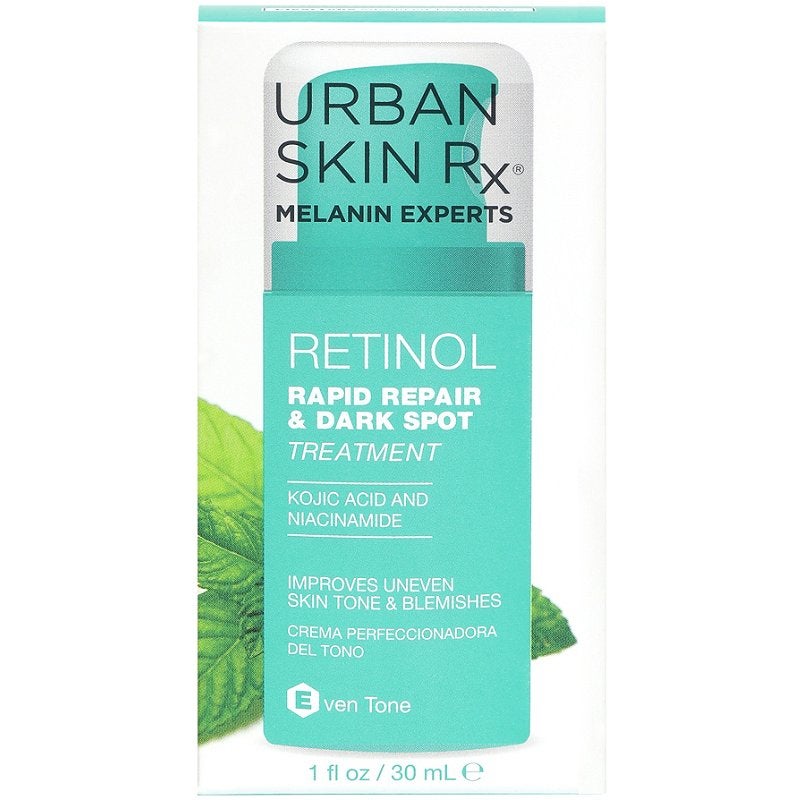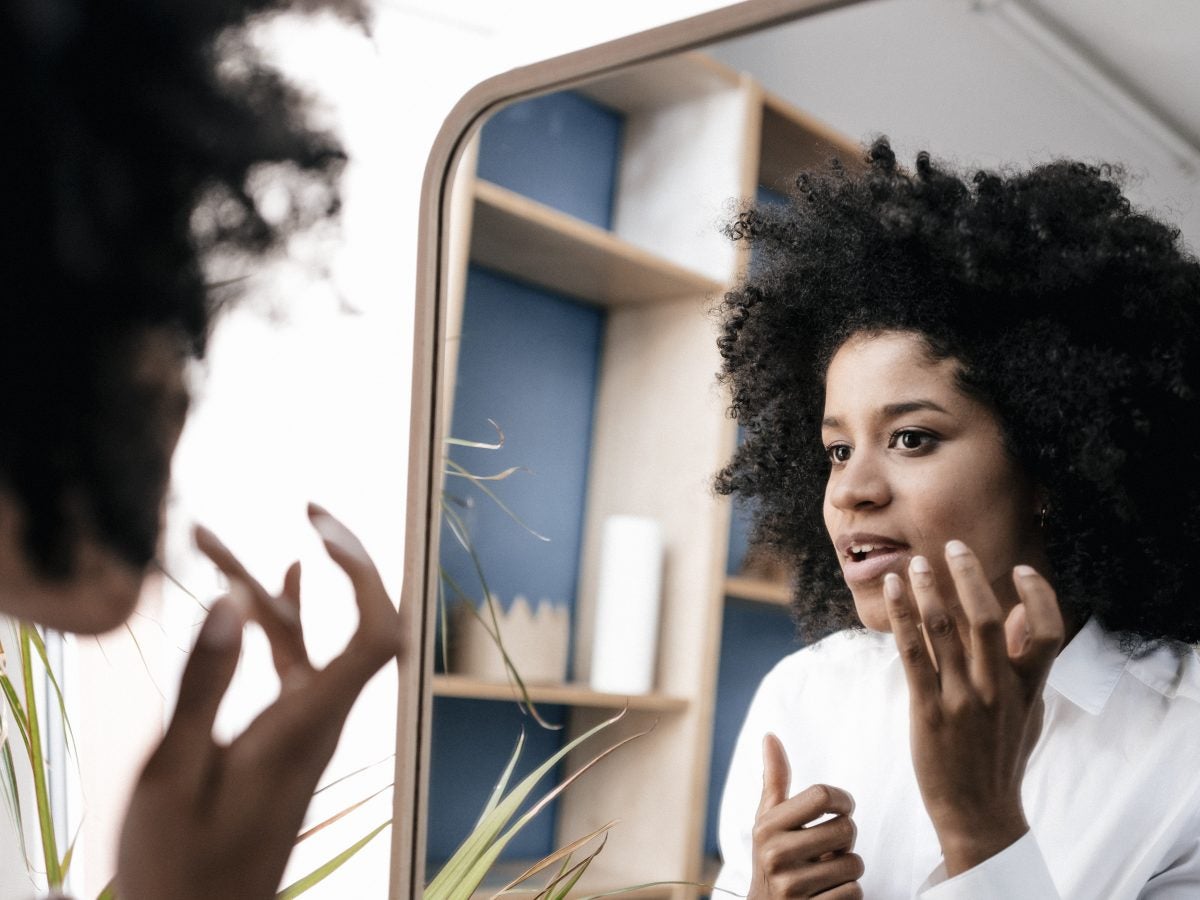
Just when we thought we had our skin regime on lock, here comes Ms. Retinol Cream. Retinol creams seem to be the latest must-have beauty product to add to your skincare stash—and for a good reason. According to researchers, the powerful skin care product can prevent fine lines and wrinkles, soften impurities, and practically renew your skin overnight. However, like any other intense skincare product, retinol creams must be used with caution.
It’s important to remember—retinol creams are not similar to your daily moisturizer. Retinols are very potent and, therefore, can also be damaging to the skin if not used or chosen correctly. A few side effects of using retinol creams include itchiness, peeling, and redness. As a first-time retinol user, it’s only natural to feel nervous about choosing the correct retinol cream for you.
When choosing a retinol product, it’s best to seek out the advice of someone with expertise. Luckily, we know just the person to answer all of your retinol questions. Rasheeda Mendenhall is a New York State licensed esthetician, owner of Esthetics By Rasheeda, and an esthetician at Peach Fuzz Laser in Brooklyn, N.Y. Her expertise has saved the skin of many women and men of color.
Now she’s here to save yours. Here is everything you need to know about retinol creams, according to the expert herself.
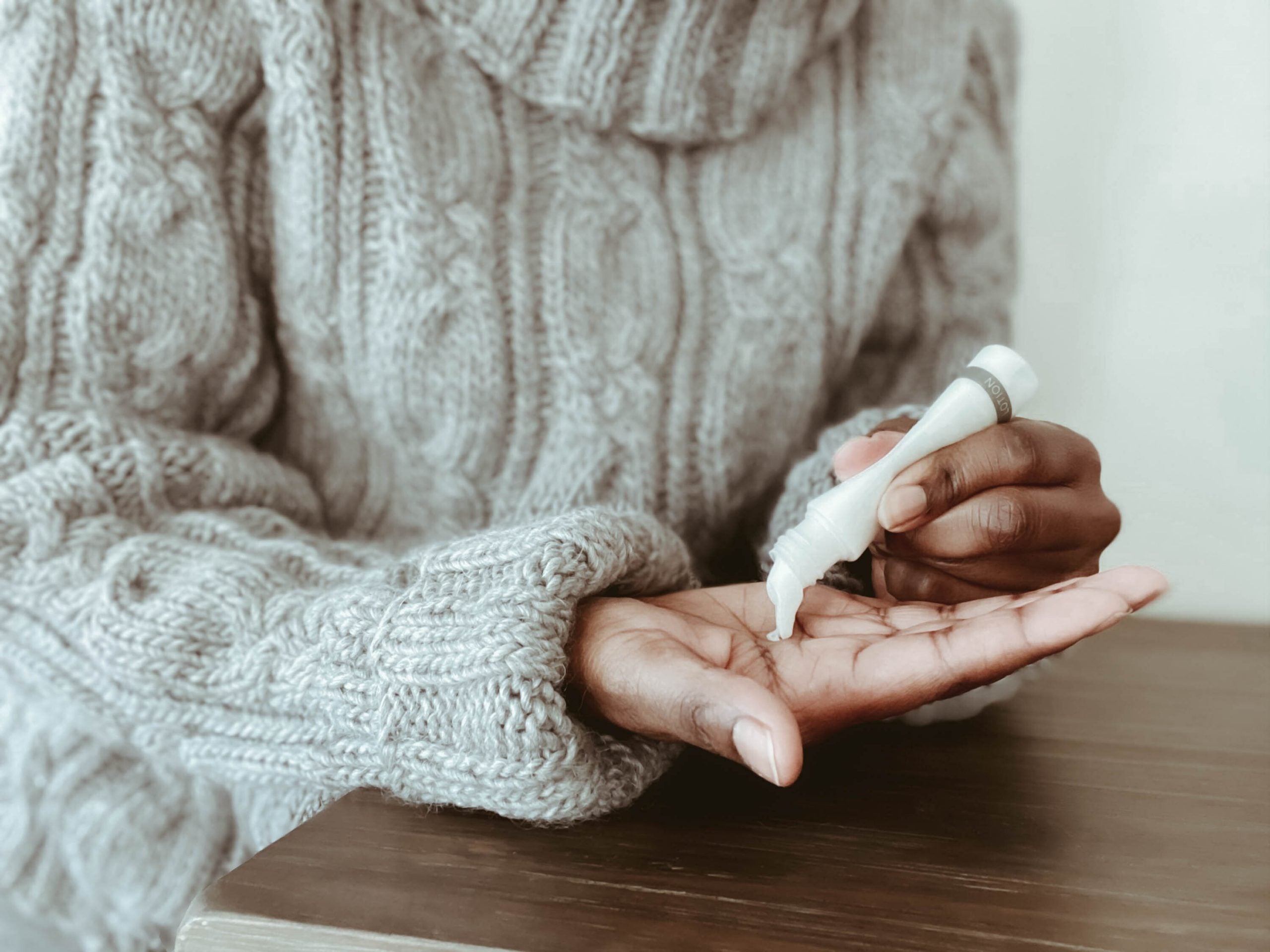
Umm, Excuse Me. Who is Ms. Retinol?
According to Mendenhall, retinol is a must-have product filled with beneficial ingredients to promote overall skin health. “Retinol is a holy grail ingredient,” she explains. “Retinol is a type of retinoid which is a derivative of vitamin A. These are antioxidants that increase the skin’s turnover rate and also promote collagen production.”
Mendenhall clarifies that you don’t need to visit a dermatologist to get a good retinol cream. These creams can be purchased over the counter or through a licensed esthetician. Over-the-counter retinol contains a lower dosage, but Mendenhall confirms that you can still reap all of its benefits.
“Retinol, in general, has several valuable benefits. For example, you are treating aging, acne, and hyperpigmentation. One of my favorite things about retinol is that it’s an all-in-one product. Instead of buying multiple products to target a variety of things, retinol works as a multi-tasker on your skin.”
Who Is Ms. Retinol Here To Serve?
“Retinol creams are for everyone,” she details. “You don’t have to be struggling with acne. You also don’t have to be struggling with anything. Retinol is great as a preventative treatment. Often, people are under the misconception that you need to start retinol in your 30s or 40s. However, I encourage people to start in their 20s.”
Starting retinol creams as early as possible can prevent skin issues before they start. Mendenhall explains how important it is to be ahead of the skincare game. “Preventative skin care is easier than correcting an issue that has already arisen. For example, there’s nothing you can do to stop aging. However, you can slow it down before it starts. The earlier you use retinol creams, the more effective they will be.”
Although Mendenhall deems retinol creams appropriate for every skin type, she also advises those who might want to avoid them. “There are some cases where you should stay away from retinol creams. If you are pregnant or your skin barrier is comprised (rosacea, for example), but besides those restrictions, you can use retinol.”
How To Know What Percentage Of Retinol To Use
It’s easy to buy a new skincare product and be overjoyed to try it. We are here for you living in #SkincareJoy! Retinol, however, is not your ordinary skincare product. Mendenhall insists beginners should start with a low dosage when trying it. “When it comes to retinol, always start slow. You can begin your journey with about .01% just to see how your skin reacts.”
Slowly introducing your skin to retinol creams can prevent potential damage. Are you still considering going up in dosage? Well, according to Mendenhall, patience and time are to be considered when deciding. “Always start small for about 3-4 weeks and see how your skin reacts. It may take months to see a difference with over-the-counter retinol because they are less potent than prescription (creams). At a minimum, you always want to wait 3-4 weeks before changing the type of retinol you’re using. If you feel like you need an extra boost, then you would have to see a dermatologist.”
The good news is the strength of over-the-counter retinol is generally safe to use. “When it comes to over-the-counter retinol, it’s very rare your skin will have a reaction because the dosage is not as strong. Again, you’ll find .01% or .05%, for example, but never anything too high. The reason why it’s ‘over-the-counter’ is that it’s safe for the general public.”
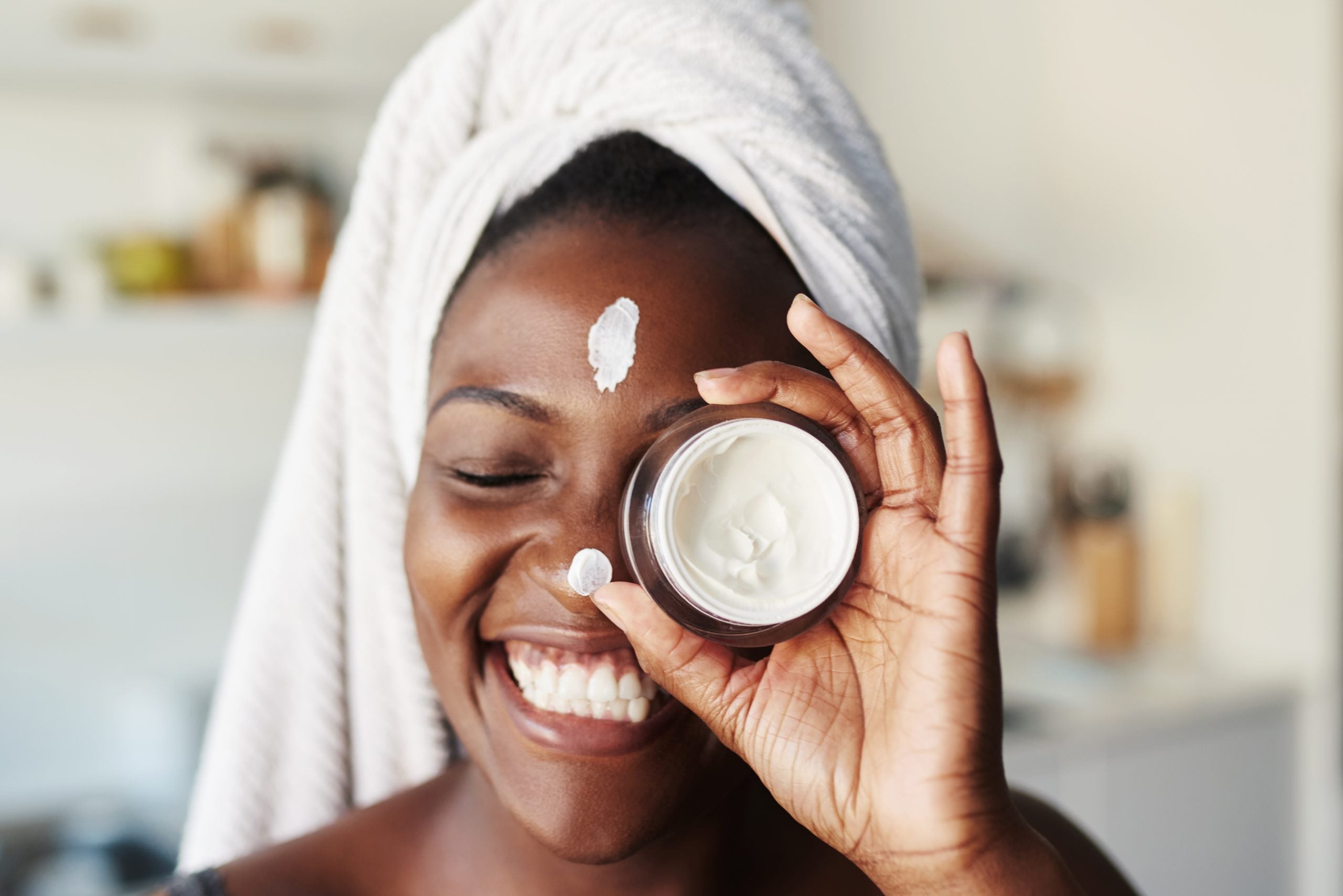
Retinol Is Your Friend With Flaws (AKA Side Effects)
We can all agree that the benefits a good retinol cream can bring to your life are endless. But! Like most things that are too good for you—ice cream, Netflix, and great sex come to mind—retinol creams can come with side effects. “Some common side effects to experience with retinol is over-drying of the skin. You may also notice some flaking, and your skin can feel tight. All of these side effects are normal.”
“If your side effects have extended for a while, generally a week or so, then you may want to stop (or decrease the frequency of days) using retinol. Instead of using it two times a week, you may want to use it only once a week. You don’t want to have any adverse reactions. The point of retinol is to combat fine lines and hyperpigmentation, so you don’t want to worsen anything. That’s why we professionals want you to start very slow when it comes to retinol.”
How To Use Retinol In Your Skincare Regime
Creating a skincare routine can be stressful. If you’re like me, you’re probably wondering in what order products should be used. And who has time for a 12-step skincare routine? Mendenhall says adding retinol creams to your skincare regime simplifies it rather than making things complicated. “You don’t need a lot of product in your routine to get the job done. As I mentioned before, I love retinol because it is an all-in-one product. This feature allows us to eliminate so many steps in our skincare regime.”
Contrary to popular belief, when using a retinol cream, a simpler habit is better. “When you use retinol, you want to keep your routine as simple as possible. Keeping it simple will prevent any adverse reactions. Retinols should be used at night; you should use a cleanser, retinol, followed by a moisturizer. Please skip any toners, AHAs, or BHAs. At night just keep it simple.”
Final Thoughts
So you made it to the end of this fantastically written article and realized you forgot to take notes. No worries! Mendenhall is blessing you with a recap and final thoughts. “The main thing with retinol is less is more. You only want to use a pea-sized amount—a little goes a long way. Also, please start off slow, at most two times a week, and keep your routine simple! You don’t need a bunch of products.”
Did you write those down? Perfect! Remember that retinol is a multi-task product. You don’t need to do anything extra to the skin. Mendenhall details, “Please don’t use any advance treatments when using a retinol. This includes facial laser hair removal, waxing your eyebrows, chemical peels, and micro-needling. Your skin will be sensitive to these treatments, and going forward with such treatments can cause damage.”
Finally, retinol can be intimidating but is generally safe if used with caution. “Don’t be afraid to use retinol. This is a great product with so many amazing benefits. There’s nothing to fear and trust that retinol can positively affect your skin.”
01
Topicals Faded Serum for Dark Spots & Discoloration
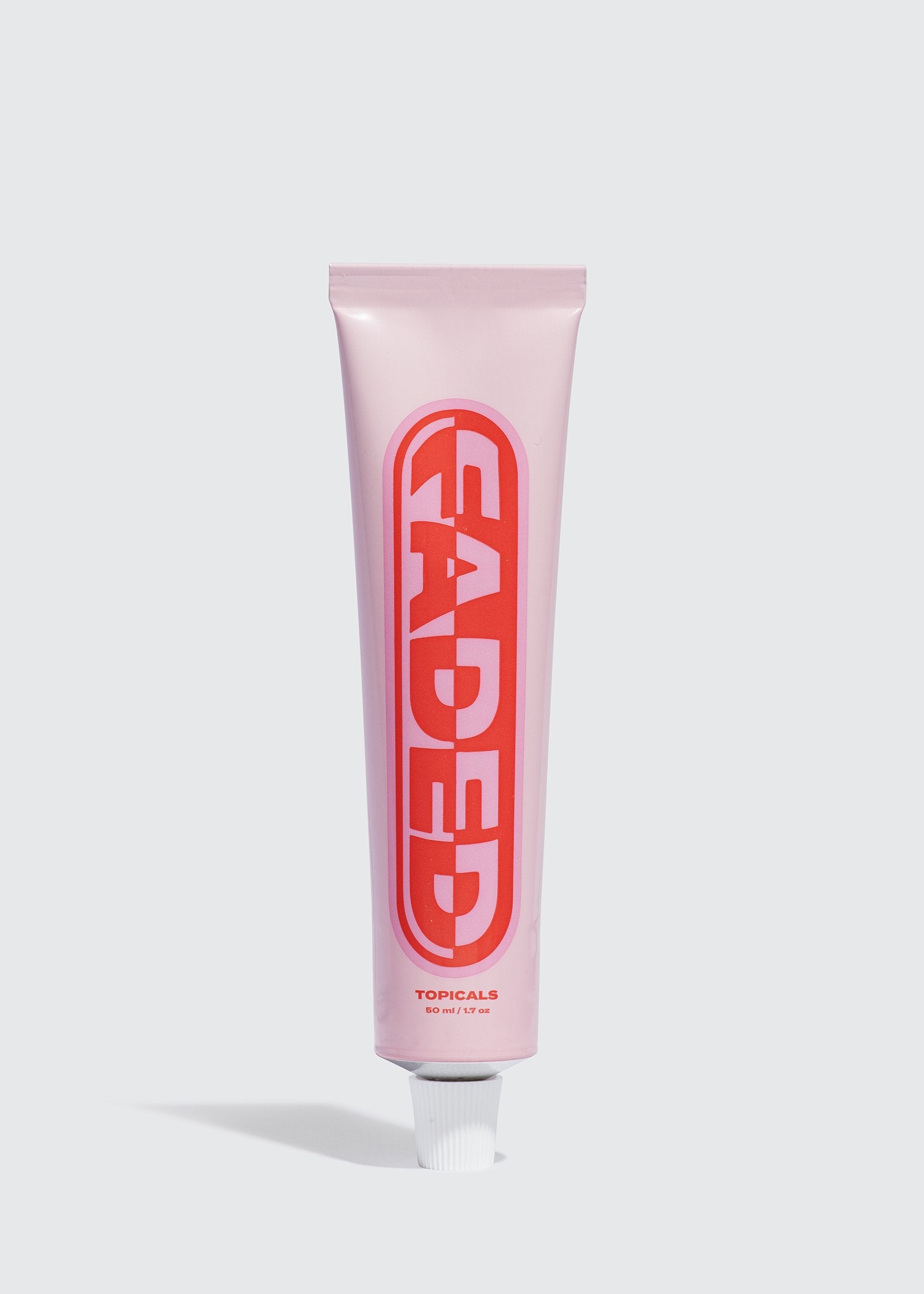
available at Sephora $36
02
SkinCeuticals Retinol 0.5
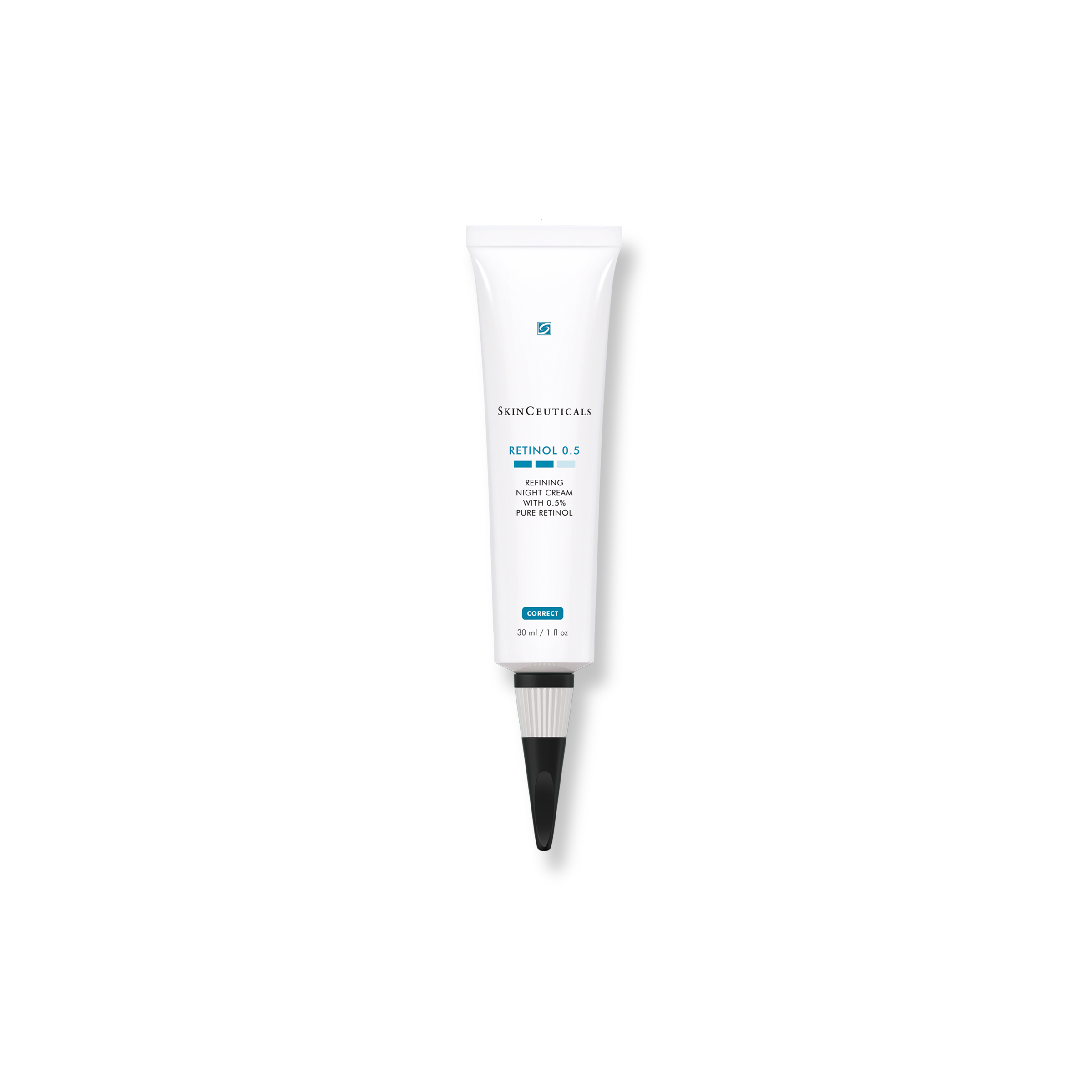
available at SkinCeuticals $76
